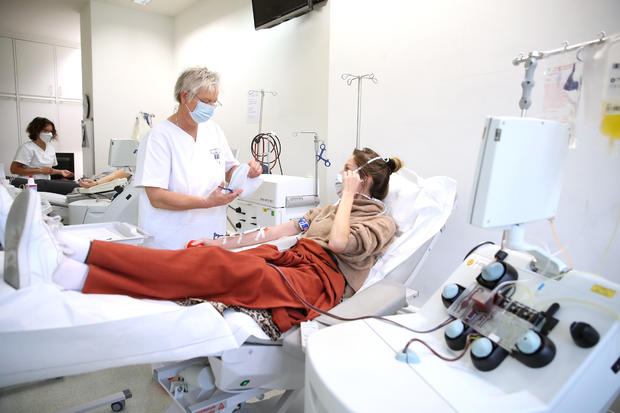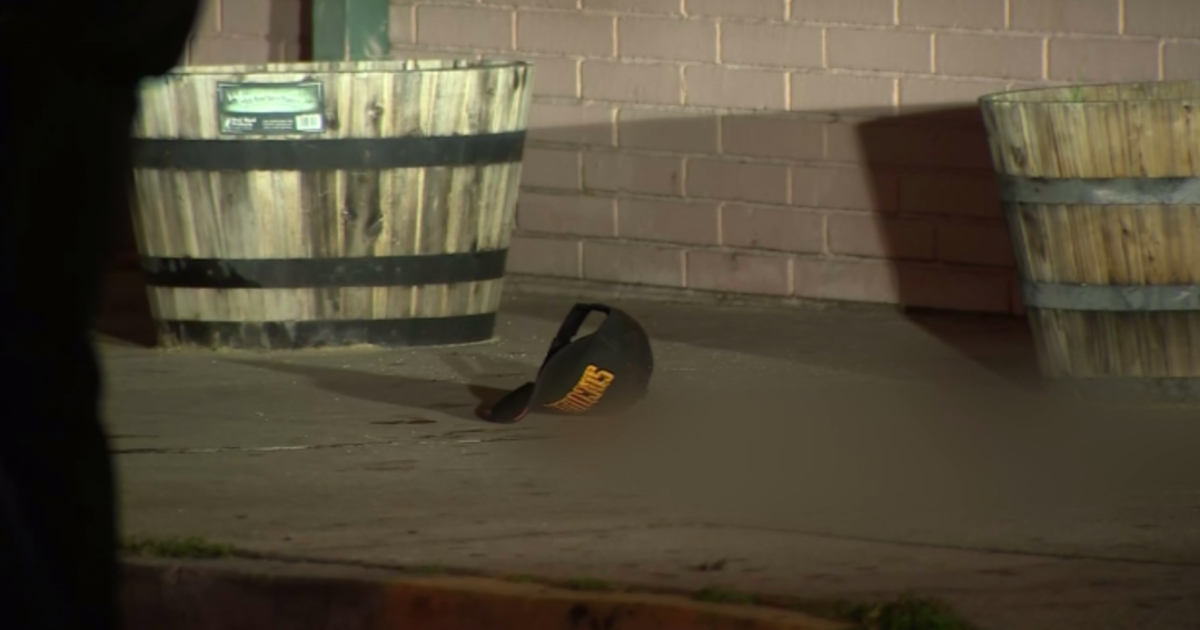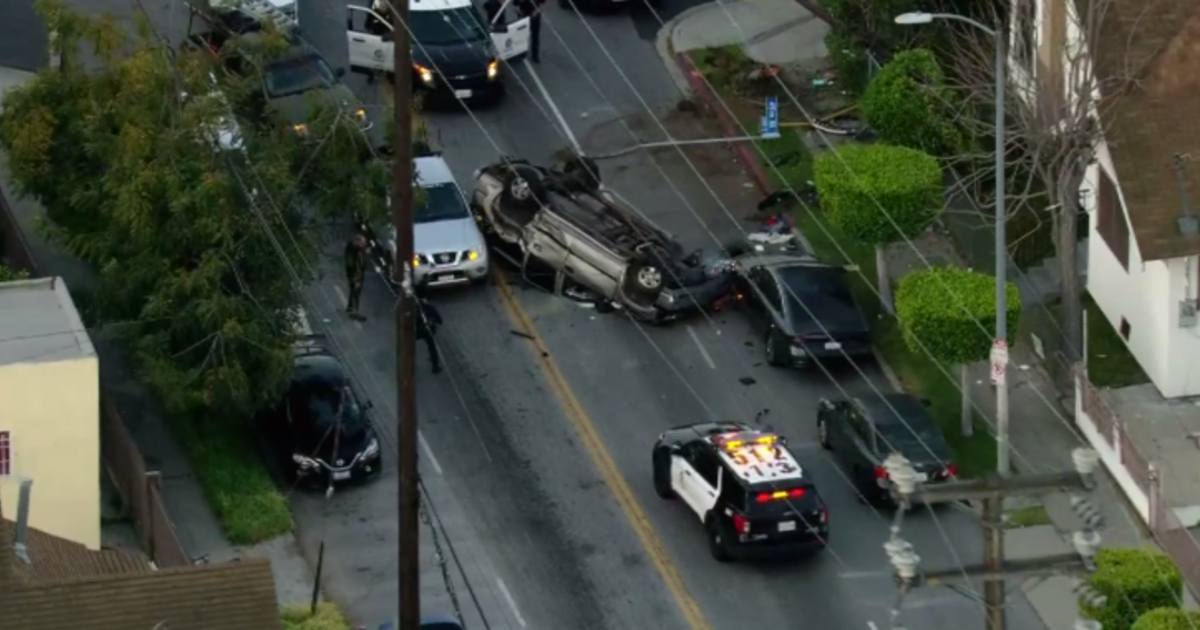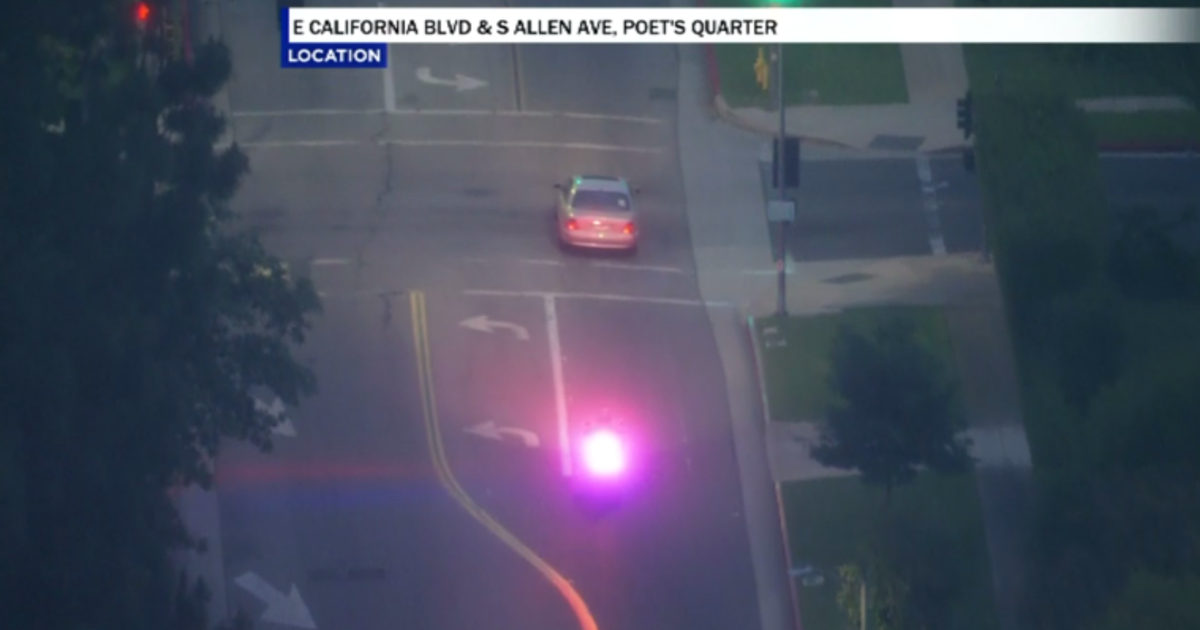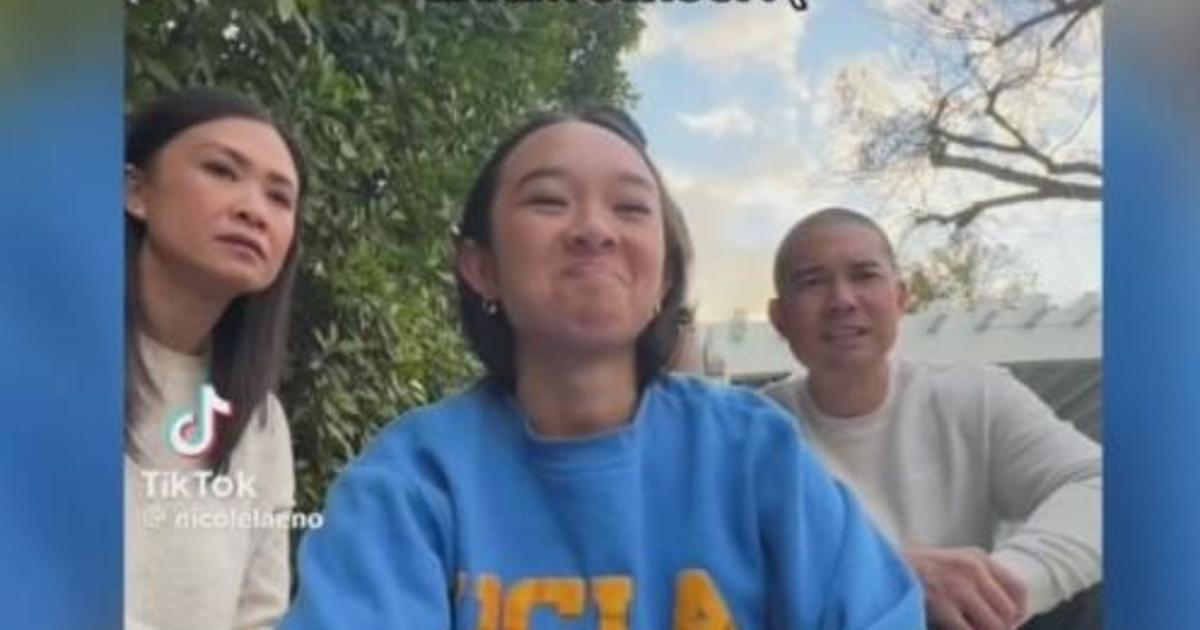Cedars-Sinai Expert Weighs In On Uncertainty Surrounding Coronavirus Antibodies
LOS ANGELES (CBSLA) – There is still a great deal of uncertainty surrounding antibody testing for COVID-19, a Los Angeles epidemiologist told CBS2 Friday.
Dr. Rekha Murthy, an infectious disease specialist at Cedars-Sinai Medical Center, said that there are still many questions regarding whether people who have been exposed to coronavirus are at risk of re-contracting it.
Murthy said that patients infected with COVID-19 will likely develop antibodies within a week to 10 days after infection.
Serology testing is blood-based testing that determines whether an individual has contracted coronavirus based on the presence of those antibodies in their system. However, while the presence of antibodies in blood will tell you if have been exposed to the virus, its still unclear if that protects you from becoming reinfected in the future, and to what extent.
"What it doesn't tell us, however, is what level of antibody, or if any, protects you from subsequent infection," Murthy said. "So it might partially protect you if you get re-exposed, it might fully protect you, and we don't know how long it's gonna last."
RELATED: WHO Says Immunity Not Guaranteed For Those Who Recover From Illness
Murthy explained that a measles patient usually develops lifelong immunity after recovery, whereas an influenza patient will develop only short-term immunity. Researchers don't know where coronavirus fits into that space.
"We don't know the answer to where COVID-19 fits in that spectrum of antibody response and protection and duration of protection," Murthy said.
Widespread antibody testing is not yet available in the U.S., although the FDA has begun issuing emergency approval for antibody testing to several manufacturers over the past few weeks. Many commercial labs and clinics are conducting antibody tests which have not been FDA approved.
Murthy says it will take widespread testing to be able to get an idea how effective antibodies are in preventing recurrences of the virus.
"One of the ways we're gonna know that is checking the antibody levels in the broad population, and then following them over time, so over the next six months or a year perhaps," she said.
A joint antibody study conducted last month by the L.A. County Public Health Department and USC determined that an estimated 4.1 percent of all Angelenos had already contracted coronavirus.
